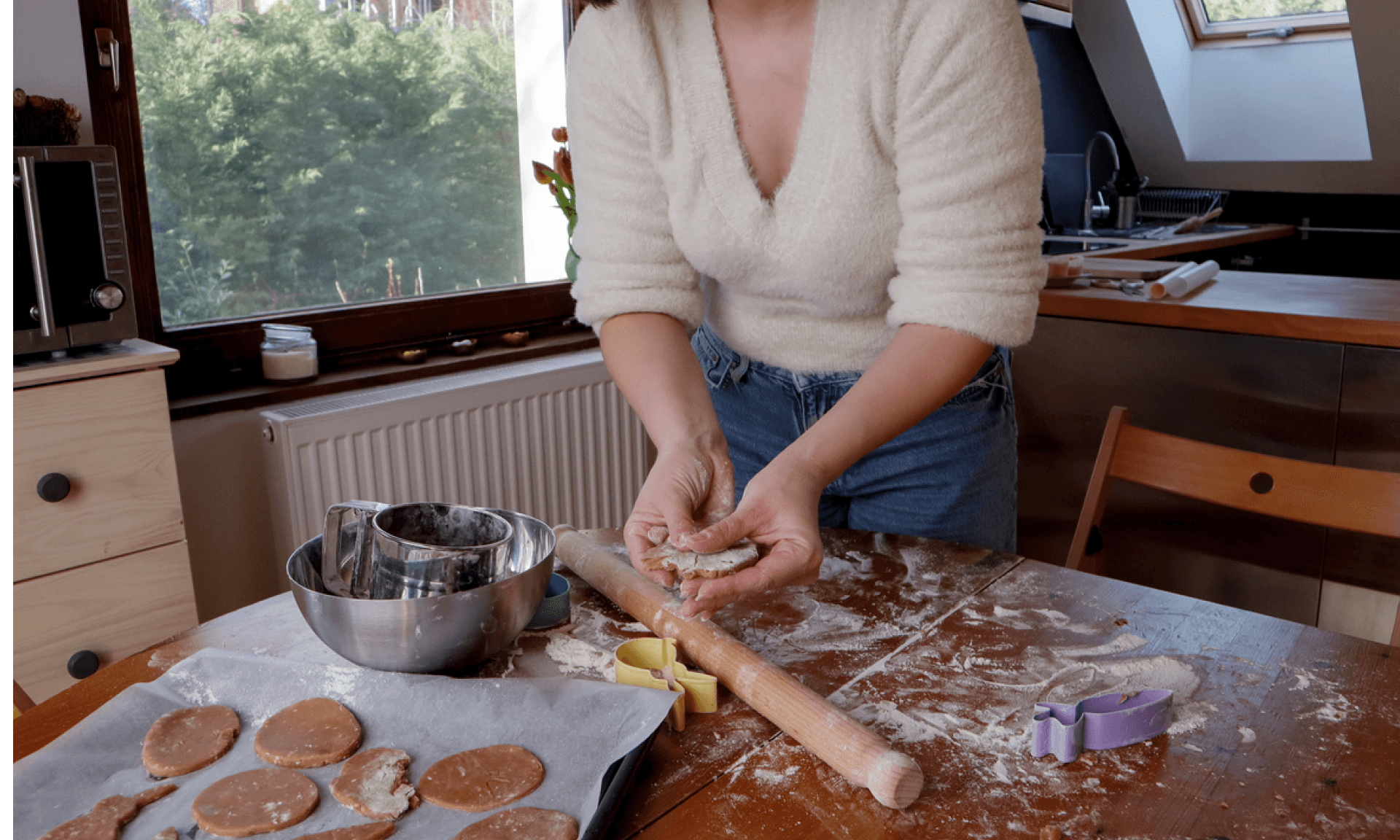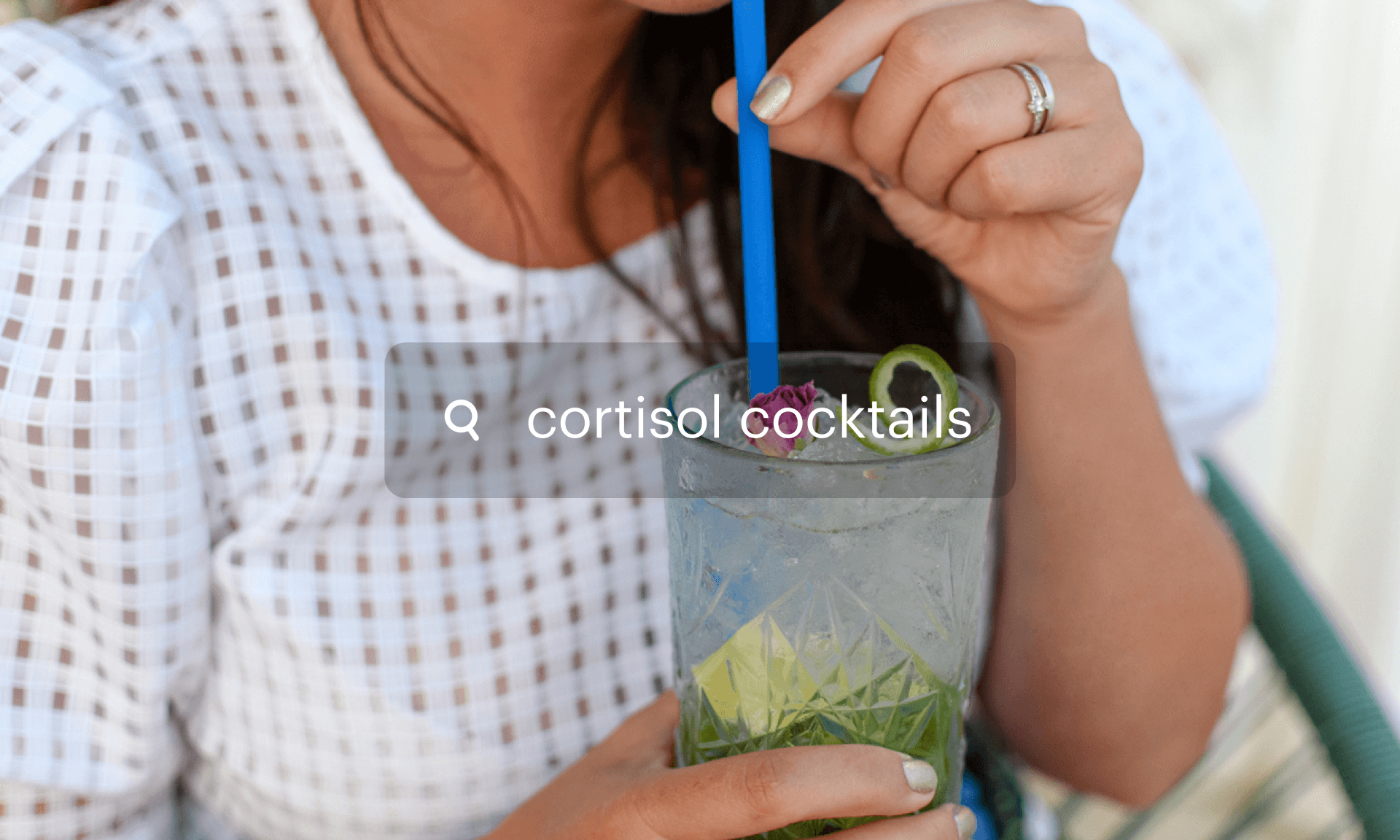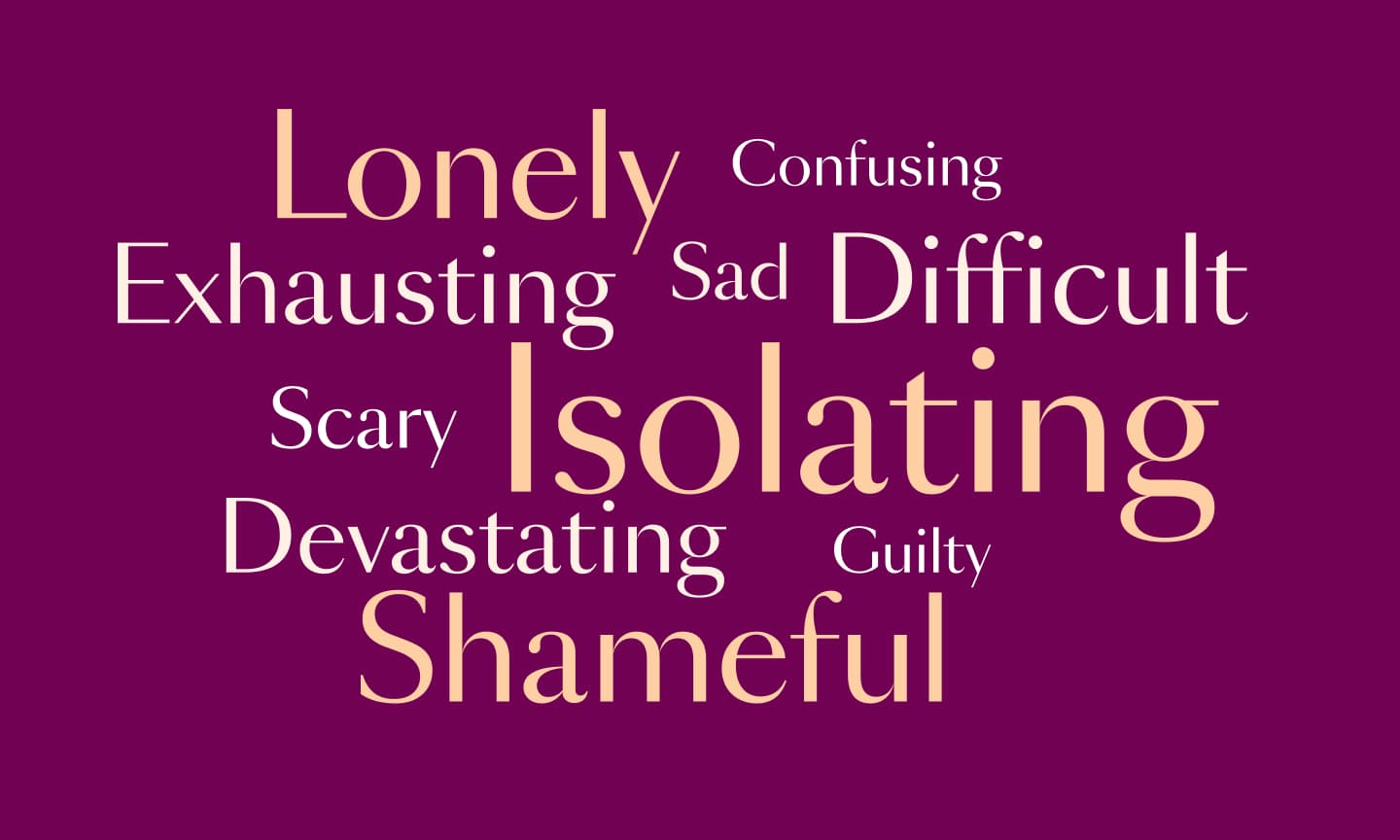Hey there. I recently came back to work after having my second baby, and I’m not going to lie — some days it feels like my brain and body need a boost. I’m not turning to rage rituals, but I might try:
Eating some early-bird dinners
Moving my big toe
Standing on one leg while brushing my teeth
Mastering the power nap
— Claudia Rupcich / Writer / Richmond, VA
PS: Need another brain booster? Sign up for the Daily Skimm and wake up to the day’s biggest stories delivered straight to your inbox.
well, well, well...

Catch up on the latest health news, tips, and trends.
The Surgeon General just issued a new warning: Parents are stressed out. In other news, the sky is blue.
About 3 million people owe more than $10,000 in medical debt, according to the nonprofit KFF. If that includes you, here’s what you can do.
People are splitting open Mounjaro pens to control their dosages, but doctors are saying “not so fast.” Meanwhile, Eli Lilly says, “Hold my beer.”
Finally, an answer to why it’s so hard to find an in-network therapist. Luckily, states are putting more protections in place — find what yours offers here.
If you’re having a hard time focusing lately, it could be “popcorn brain.” Surprisingly, the tiny plastic shards in our brains aren’t to blame.
PS: Taking psychedelics may feel similar to having a near-death experience. Plus, can “frequency therapy” really improve your health?
we have to talk about…

The Invisible Labor of Ditching Processed Foods
If the Almighty Algorithm has been serving you DIY recipes for convenience foods you’d usually buy, that’s no coincidence. As ultraprocessed foods (UPFs) like crackers, bread, or some types of butter have made negative headlines, more people — including many women — are opting to make them from scratch as a healthier alternative. But buying fewer convenience foods could have larger implications for women — sometimes without clear health benefits.
The complicated history of packaged food
Categorizing all packaged foods as unhealthy is an “oversimplification,” says Jinan Banna, PhD, RD, professor at the University of Hawaiʻi at Mānoa — as dividing food into “good” and “bad" usually is. Convenience foods are more than just the chips in your pantry. They were a crucial part of freeing women from their kitchens back in the 1950s. Since then, the cooking gender gap has been narrowing — until recently when a cocktail of trad wives, fear of preservatives, and pervasive food morality suggest that, actually, more time in the kitchen is healthiest.
Well, UPFs are bad for you, right?
Recent research has linked UPFs to an increased risk of heart disease, diabetes, and mental health conditions, among others. Plus, UPFs are formulated to be hard to put down, says Marion Nestle, PhD, professor of nutrition, food studies, and public health at NYU.
But the research on which ingredients are potentially harmful is still unfolding, and not all additives have the same health impacts, says Banna. Some cereals, breads, beans, and canned or frozen fruits and vegetables are processed or packaged, but nutritious — not to mention often the most accessible food.
Your move
We’re not here to stop your jam-making era, whether it’s for fun or to reduce waste in your home. Making pantry staples from scratch can be healthier by giving you more control over your sugar and salt quantities, says Banna. But going full Ballerina Farm isn’t necessary, viable, nor desirable for most people. Still, if you’re worried about potential health risks, try:
Evaluating the nutrition label. “Check the nutrition facts panel for high levels of sugar, saturated fat, and sodium. Those are some of the things we want to watch out for as we don't want to consume them in excess,” says Banna.
Looking at your nutrition holistically. Eating enough fiber, protein, and healthy fat will help keep you satisfied and reduce cravings for UPF snacks, she explains.
ask an expert

Last week, we asked you to vote on a question to answer. The winner was:
How much protein do women actually need?
FEATURED EXPERT:

Anita Mirchandani, MS, RD, CDN
Registered dietitian and prenatal and postnatal exercise specialist
Mirchandani says 1 gram of protein per 2.2 pounds is a healthy baseline. For example: A 140-pound woman needs about 64 grams of protein a day.
But your protein needs change if:
You’re very active: If you lift weights, run, or do other vigorous exercise, you’ll need more protein.
You’re pregnant: Mirchandani recommends at least 60 grams a day in the second and third trimesters.
You’re older: Your muscle mass decreases as you age, so your protein consumption could drop too, says Mirchandani.
Keep reading to find the personalized online calculator that will do the protein math for you.
let's get loud
We asked Skimm’rs what they wish people knew about going through fertility treatment, and we’re blown away by the responses we received. A common theme? How isolating, lonely, and shameful the experience can feel — but it doesn’t have to be that way. The Fertility Out Loud community proves that you’re never alone on your fertility journey. Join for free to read inspiring real stories and connect with people who have been there.†
well, actually

We’re here to fact-check health trends, wellness assumptions, and myths. Such as:
Do cortisol cocktails work?
Well, actually, it depends on what you mean by “work.”
“Cortisol cocktails” — typically made with coconut water, citrus juices, and sea salt — supposedly help reduce symptoms caused by high cortisol levels, like puffiness and weight gain. For some people, they anecdotally seem to work.
But diagnosed conditions caused by high cortisol levels (like Cushing’s syndrome) require medical expertise, not just a drink. Registered dietitian nutritionist Roxana Ehsani, MS, RD, says it’s unclear if these symptoms are caused by high cortisol levels (something you’d usually find out from a provider) or something else. “Many people are walking around dehydrated,” she says. Staying hydrated with the occasional electrolyte- and vitamin-packed drink may also help reduce puffiness, increase energy, and overall help you feel better.
A daily cortisol cocktail is generally safe, but if you have high blood pressure, diabetes, or other conditions, you should run it by your doctor beforehand, says Ehsani.
quote of the week
Subscribe to Skimm Well
Sign up here to receive our wellness newsletter filled with actionable advice, expert-vetted content, product recs, and more — delivered directly to your inbox.

